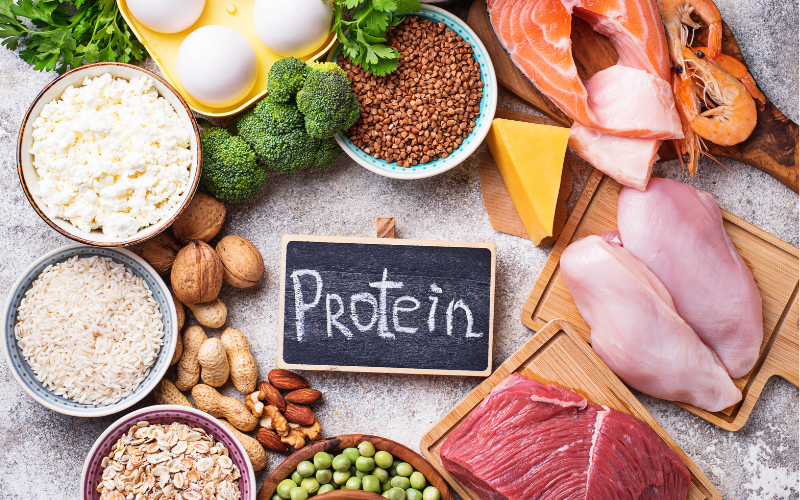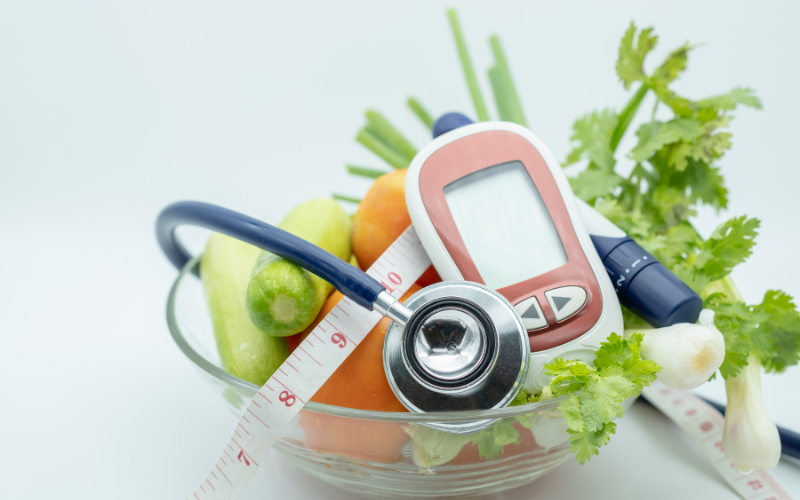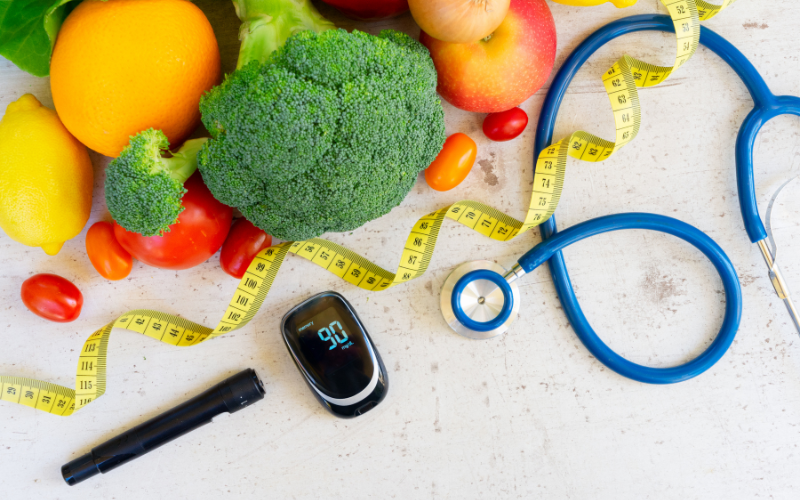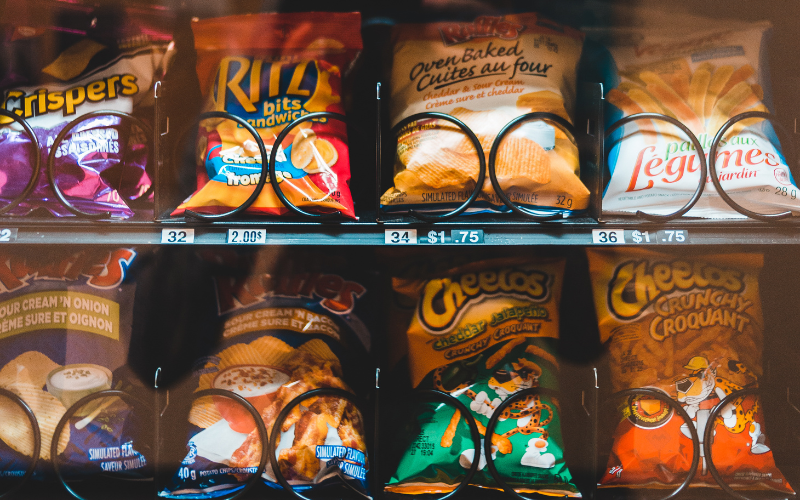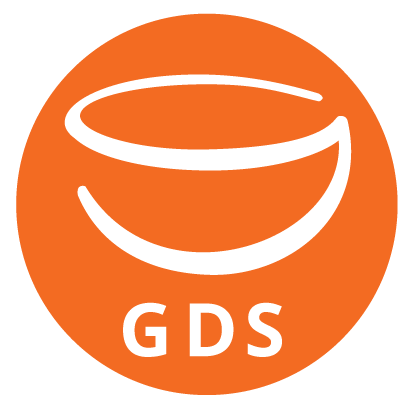Zoe Bingley-Pullin: Which foods are best for anxiety and depression?
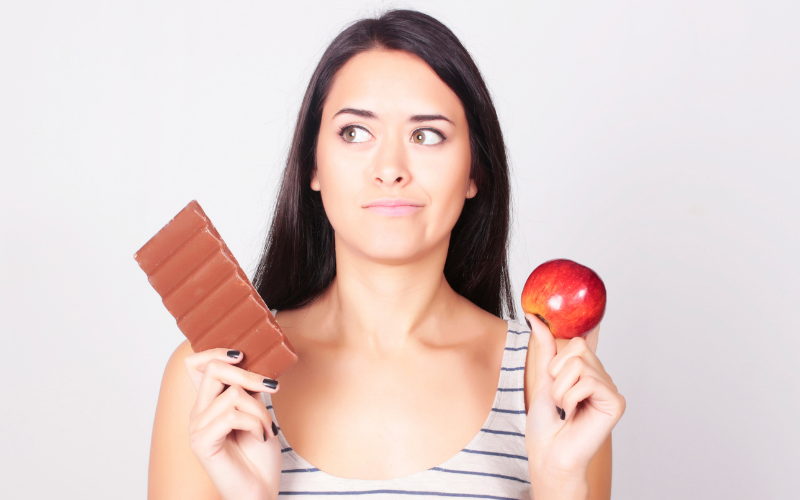
Mental health disorders such as anxiety and depression are becoming all too common in our modern society and unfortunately, they’re on the rise. Beyond Blue says that there are around 3 million Australians living with anxiety or depression right now. Are you one of them?
We’ve known for a while about the scientific evidence around diet and lifestyle factors improving our physical health and wellbeing. Now there is a growing body of research to demonstrate that specific vitamins and minerals can also boost your mood and mental health too, helping to treat conditions such as anxiety and depression. Let’s take a look.
Start with the right diagnosis and medical team
First things first. Anxiety and depression are serious medical conditions, so if you think that you or someone you know may be suffering, then you need to get in touch with a doctor or professional organisation that can help. I’ve listed a number of important contacts at the bottom of this article.
Food and nutrition are amazing adjuncts to treatment and can certainly work well alongside professional care, but they shouldn’t replace it. Having said that, food is a powerful tool in the fight against these conditions with science showing how a good diet can help manage symptoms, and a poor diet can exacerbate them.
Essential nutrients for improving anxiety + depression symptoms
Scientists have begun to make connections between anxiety, depression and nutrition, identifying certain chemical compounds in foods that have the ability to boost our mood. A healthy diet, rich in the following nutrients may be effective. Likewise omitting nutrient-rich foods from our diet can leave us with a nutrient deficiency that puts us at greater risk of depression or anxiety.
Omega 3’s – the brain is 60% fat and we need an intake of essential omega 3 fatty acid for proper functioning of chemical messengers, which help to control mood and emotions. Fish sources include salmon, mackerel, sardines and anchovies. Non-fish sources include walnuts, flaxseeds, chia seeds and hemp seeds.
Vitamin C – is an antioxidant that has been successful at reducing anxiety symptoms in scientific studies. Foods high in this vitamin include capsicum, cauliflower, broccoli, sweet potato, tomato, parsley, citrus and dark leafy greens.
Vitamin D – the sunshine vitamin is made in the body, when your skin comes in contact with ultraviolet light. Deficiency is linked to an increased risk of depression. If you’re worried about skin cancer risk, check out the Cancer Council’s guide on sun exposure for Vitamin D here.
B Vitamins – are essential for brain health, especially assisting with neurotransmitter production and function. Some of the best sources of B vitamins are whole grains such as quinoa, steel-cut oatmeal, brown rice, amaranth and millet. Other good sources include meat, eggs, legumes, seeds and greens.
Folate – whilst also a B vitamin, folate is worthy of a bullet point to itself as low levels of it have been associated with depression. Make sure you get an adequate intake of folate by eating leafy greens such as spinach, kale, okra and broccoli or from beans and lentils.
Zinc – is an essential mineral that has a fundamental role in a wide range of biochemical processes relating to the function of the brain. Studies show that anxiety and depression sufferers are often deficient in this essential mineral. Sources of zinc include pumpkin seeds, seafood, red meat, wholegrains, chickpeas and nuts.
Magnesium - a calming mineral to our nervous system and often deficient in our modern diets. Good choices include almonds, barley, cashews, eggs, cocoa, figs, tofu and legumes.
Prebiotics & Probiotics – good gut health is all important in promoting mood and emotional balance, with poor gut health now associated with anxiety, depression and other mood disorders. Prebiotics are certain types of fibre that good bacteria thrive on so ensure you eat a fibre-rich diet of whole grains, fruit, veg, nuts, seeds and legumes. Probiotics are strains of good bacteria that can restore gut balance and improve health and mood. They can be ingested via fermented foods such as yoghurt, kefir, kimchi, sauerkraut, miso and pickled vegetables or through a supplement.
4 diet tips to improve mood
Aside from including plenty of the above-mentioned foods and nutrients in your diet, there are a few other things you can do to boost your mood.
- Avoid low blood sugar. Eat regular meals and don’t opt for high sugar and unrefined carbohydrates as these will cause blood sugar spikes and crashes. Sugar has nothing but a detrimental effect on mood.
- Ensure you’re getting adequate protein. Protein is essential for production and function of neurotransmitters which can impact mood. Get a decent dose of protein from every meal and snack.
- Avoid caffeine, sugar, alcohol and processed foods if possible. These stimulants can trigger blood sugar dysregulation leading to episodes of anxiety. Multiple studies have shown a link between diets high in stimulants and symptoms of depression and anxiety.
- Choose fresh, wholefoods with minimal processing whenever possible.
A daily menu to boost your mood
Nothing happens overnight but eating right can really improve how you feel both physically and mentally. Here’s a daily menu suggestion from Dietlicious that meets the brief for mood-boosting potential. You can eat three meals a day plus two snacks and still stay under 1200 calories, which is perfect for those also needing to lose weight. As well as Individual Meals, Dietlicious offers a range of weekly Meal Plans that may suit.
Breakfast - Breakfast Frittata will get your day off to a great start thanks to the goodness of eggs including 12g of protein for energy and hunger reduction plus 4g dietary fibre to improve digestion. 207 calories.
Snack – a piece of fruit or berries with Greek yoghurt. Approx 120 calories.
Lunch – Citrus and Herb Flaked Salmon Salad offers a good dose of omega 3’s from the salmon plus plenty of Vitamin C, folate, magnesium, iron and antioxidants thanks to the mix of salad veges. 285 calories.
Snack – Chocolicious contains all natural ingredients and no added sugar. Plus with 4g of protein and plenty of healthy fats, magnesium and zinc from the nuts, this snack is a winner. 146 calories.
Dinner – Vege Curry with Cashew, Black Mustard + Rice is a great choice as it’s loaded with veges that act as prebiotics and deliver Vitamin C, plus chickpeas for zinc and magnesium. It’s easy on the digestion and offers good doses of fibre and protein to balance blood sugars. 290 calories.
Other lifestyle tips
Meditation and mindfulness - practicing simple relaxation techniques such as mindfulness, meditation, muscle relaxation and deep breathing can reduce anxiety symptoms and increase feelings of relaxation and emotional well-being.
Reduce your reliance on technology – I’m suggesting we detach from our devices and screens more often and switch off social media.
Get social – human to human contact is so important, so catch up with friends, family or join social groups with people who have common interests. It’s one of the best things you can do for your mental wellbeing and yes, scientific studies support this.
Get outdoors and into nature more often – it’s called ‘forest therapy’ in some countries and refers to the sense of physical and mental wellbeing promoted in humans who connect with natural environments. Forest, bush, beach, rocky landscape… no need to be picky, you’ll get benefits from all that Mother Nature has to offer.
Do something for others – volunteering gives your life more purpose and perspective.
Where to go for help with anxiety and depression
Professional help is available, try one of these organisations for support and direction.
https://www.blackdoginstitute.org.au/clinical-resources/anxiety/what-is-anxiety

